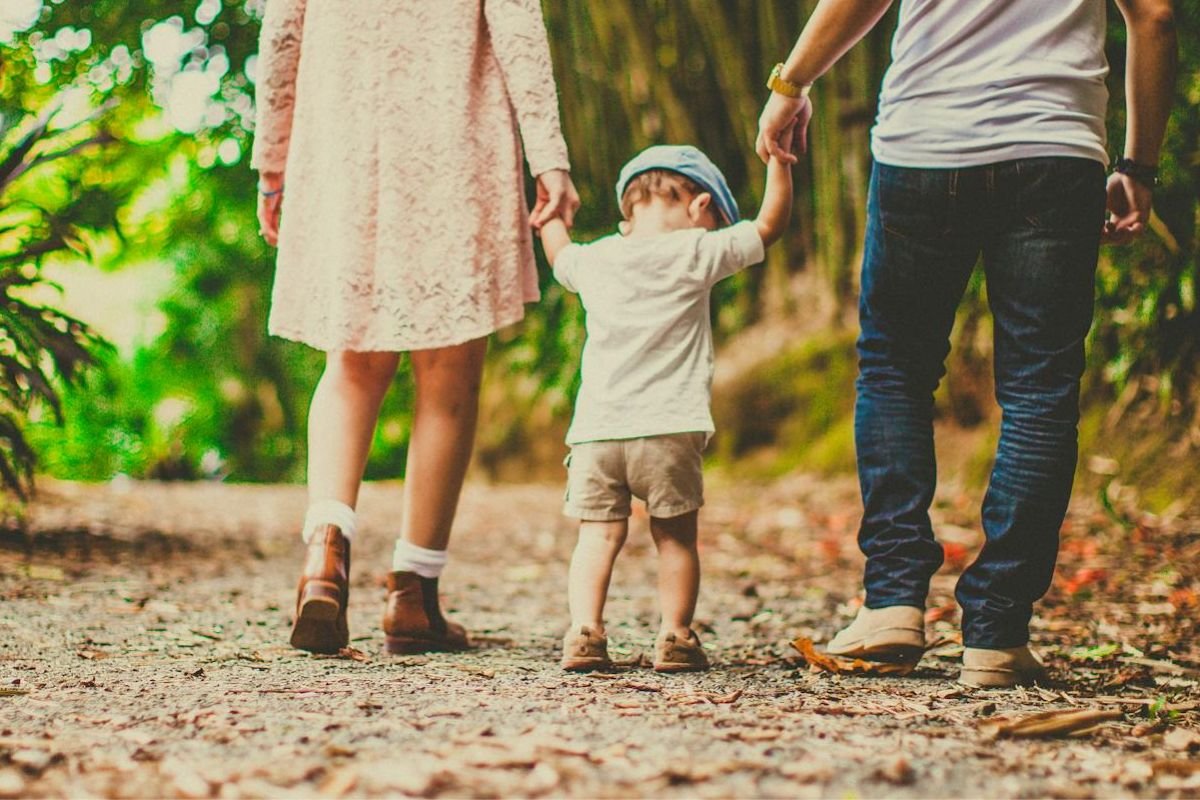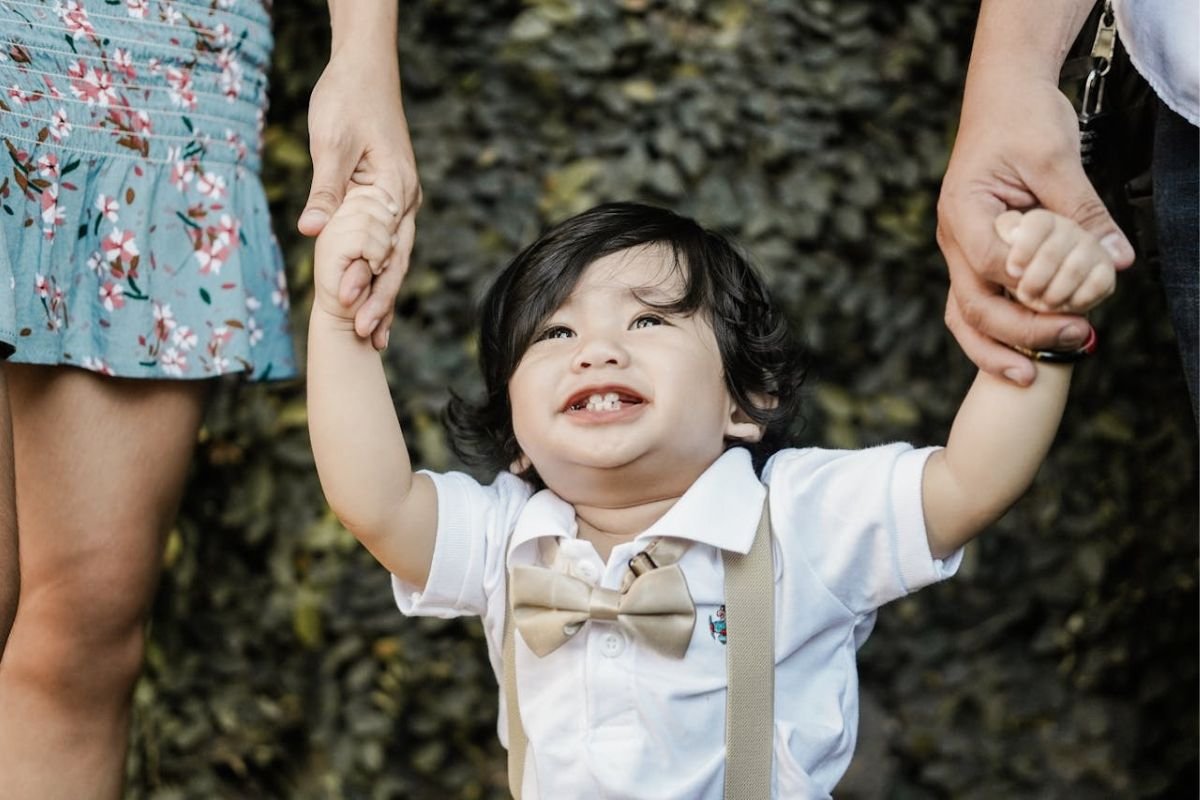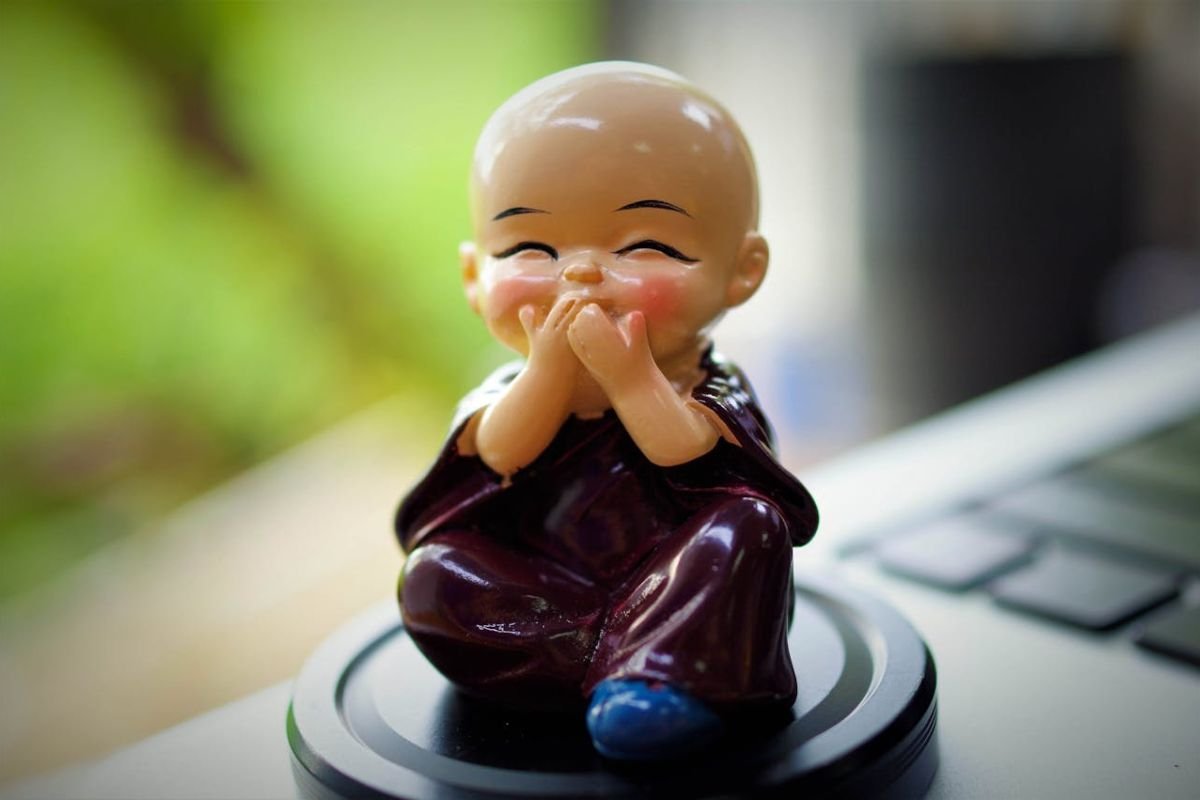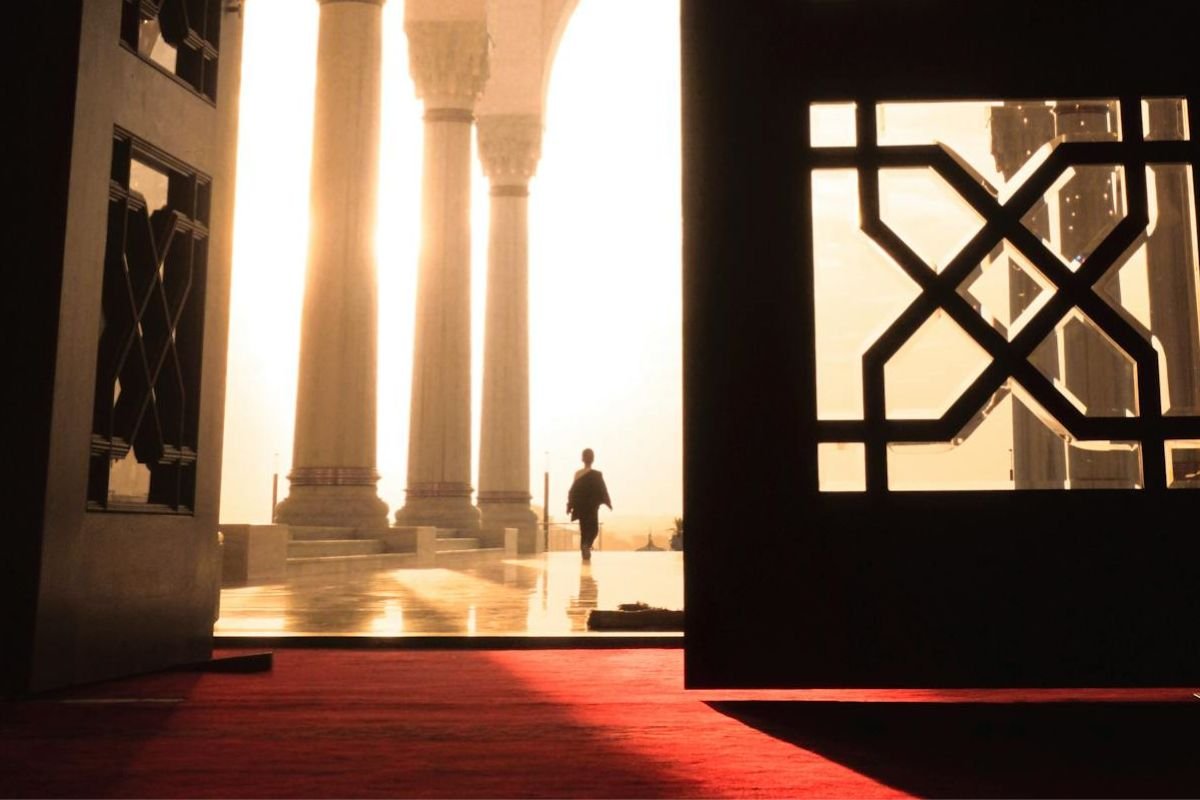What Is the Meaning of Life? What Truly Matters in Our Lifetime?

17 JUNE 2025
What Is the Meaning of Life?
It’s a question that often crosses our minds, especially in our teenage years. At times, life can feel directionless, making us wonder: does it truly have any meaning?
If you’ve been asking yourself this, don’t stop. Seriously questioning the meaning of life isn’t a dead end; in fact, it’s the beginning of something deeper. The way you approach this question might even reshape how you see yourself and the world around you.
In this article, we’ll explore this together and help you find your own understanding.
A Writer’s Perspective on Life’s Meaning
An author named Xia Chong once reflected on this topic in an article titled What Is Truly the Most Important Thing in Life? Perhaps, through their words, you’ll gain new insight into what makes life meaningful.
How the Meaning of Life Changes Over Time
Childhood Innocence and the First Lessons in Importance
When I was three, nothing in the world mattered more than the lollipop clutched tightly in my hand.
At five, I spent an entire afternoon chasing a dragonfly, convinced that catching it was the most important thing in the world.
By seven, I found myself staring at my classmate’s award certificate, admiring it, maybe even feeling a twinge of jealousy, wondering if success was what truly mattered.
At nine, I lay beneath the shade of a tree, dappled sunlight flickering across my face, and thought that nothing could be more important than the pure freedom of a carefree summer.
The Search for Meaning
At thirteen, I realised that getting into a top secondary school was the key to my future.
At sixteen, sitting in a quiet classroom as a soft breeze passed through, I absentmindedly watched the ponytail of the girl in front of me and thought, maybe life, just like this, wasn’t so bad.
At eighteen, I studied relentlessly, praying for one thing: a university acceptance letter.
Stepping into the Real World
At twenty-two, I stepped out of the structured world of school and into what everyone called “society.” Suddenly, finding a job became the most important thing.
At twenty-four, on my wedding day, I stood in a hall full of guests, looking at the woman beside me. She wasn’t the girl I had admired at sixteen, and for a brief moment, I felt a pang of nostalgia. But as I took her hand, I knew, she was now the most important person in my life.
At twenty-five, I laughed and drank with my friends, still young and carefree, believing that pride and reputation were everything.
Family, Responsibility, and the Passing of Time
At twenty-six, I paced outside the delivery room, heart pounding. Then, a baby’s cry broke the silence, and I realised, I had just met someone even more important.
At thirty-three, buried under mortgage payments and car loans, I came to understand the weight of responsibility.
At thirty-eight, I noticed something that shook me, my once-stubborn father was now asking for my advice. It was then that I understood… he had finally grown old.
Still at thirty-eight, my mother no longer scolded me. Instead, she repeated herself, her words softer, her concern woven into every sentence. And in that moment, I realised, she, too, was growing old.
At thirty-nine, my son no longer clung to me. He had his own friends, his own world. I watched him grow more independent, knowing that from here on, he would only drift further away. That was the year I finally realised, perhaps time is the most important thing in this world.
Realising Life’s Fragility and the Importance of Time
At forty, I sat in front of my health check-up report, staring at a mess of numbers and warnings. It hit me then, I had spent my entire life prioritising everything except myself.
At forty-five, having drifted through half my years, I sat at my desk with a beer belly, idly flipping through old memories. My youthful dreams, once so easy to dismiss, now felt like something I had let slip through my fingers.
At fifty, I watched my son marry a wonderful young woman. Squinting at him on stage, I found myself wondering, was she the girl he had loved at sixteen? But in the end, his happiness mattered more than my nostalgia.
At fifty-five, I panted as I chased after my grandson, afraid he might fall. In that moment, I had no grand ambitions for him, only that he would be safe, healthy, and happy.
The Weight of Loss and the Lessons in Love
At sixty, I buried my parents side by side. With age, I had learned to let go of many things. I didn’t cry. I just stood there, thinking how my father’s scoldings and my mother’s gentle nagging had never been more precious than they were in that moment.
At seventy, my wife left before me. My son and daughter-in-law were busy with their successful careers, my grandson away at university. With no one waiting at home, I wandered the streets aimlessly, realising, my wife had meant far more to me than I had ever said aloud.
At seventy-five, lying in a hospital bed, the doctor asked to speak to my son alone. I knew then, my time was running short.
In that quiet moment, I reached for my phone and called my grandson. I wanted to tell him, if you love a girl at sixteen, hold on to her tightly, just like you once held your lollipop at three. But after a pause, I smiled at my own foolishness.
When he picked up, I simply said, “Grandpa misses you. If you have time, come see me.”
Later, the doctor reassured me it was nothing serious. I smiled and told him, there are no big problems in life. The most important thing is just to keep living.
A Final Goodbye
At seventy-six, my grandson came to see me. Letting him witness me in such a frail state felt uncomfortable, but there was nothing I could do. My son and daughter-in-law sat beside me, their eyes red, their sobs barely restrained.
I no longer had the energy to dwell on what was most important.
All I wanted was a simple funeral. My son and daughter-in-law were no longer young, I didn’t want them to exhaust themselves with elaborate arrangements. My grandson had just started his career; taking time off wasn’t easy, and I didn’t want him to jeopardise his future for me.
As my thoughts drifted, a soft breeze brushed against my face. My eyes stung, and when I blinked, I saw them, my parents. They stood hand in hand, looking just as they had in my childhood, their faces untouched by time.
They smiled at me.
They opened their arms.
Oh, how I had missed them.
Without hesitation, I stood up, no, I ran toward them. And as I ran, something strange happened. First, I was sixty again, then fifty, then forty. The years melted away, thirty, twenty, until finally, I was three years old once more.
At last, they lifted me into their arms.

I looked up at them and nodded. They smiled, nodding back, before turning to leave with me.
One last time, I glanced back at my son, my daughter-in-law, my grandson. They clung to my seventy-six-year-old body, crying, grieving.
I wanted to stay, but I knew they would be okay. Life would go on.
So, what is the most important thing in life?
Everything is important, yet nothing lasts forever, because what once mattered most will, one day, be lost.
In the end, perhaps regret is simply a part of living.
What Is the Most Important Thing in Life?
After reading this article, I found myself deep in thought, what is truly the most important thing in life?
From a psychological perspective, we can gain a deeper understanding of this question. Let me ask you this: In The Lord of the Rings, was Frodo’s life meaningful only when he finally reached Mount Doom and destroyed the One Ring? Or was it the long, arduous journey itself, the friendships he forged, the trials endured, the sacrifices made, that gave his life meaning?
The truth is, the most important thing in life isn’t a single moment or achievement. It’s found in the process of searching for meaning itself.
It’s in the roads you’ve travelled, the people you’ve loved, and the moments that took your breath away. It’s in the bonds with family, the goodbyes you never wanted to say, the laughter that made your heart feel full. It’s in the starry skies you’ve gazed at, the songs that made you pause and listen, the quiet afternoons spent simply being.
This is the meaning of life.
Every single one of these things is the most important.
The Search for Meaning and the Fear of Time Running Out
Think about it. Three generations from now, no one will remember your name. And that’s okay. Because living a meaningful life isn’t about being remembered; it’s about the experiences you collect along the way. Your journey, your joys and struggles, are your own sacred scriptures.
But if that’s true, why do so many of us fear death? At its core, fear of dying isn’t really about death itself. It’s the fear that we haven’t truly lived, that we haven’t found our true purpose in life within the time we have.
For many people, the fear isn’t only about dying. It’s about watching themselves grow older and feeling time slip through their fingers while life continues moving forward.
If you’ve ever wondered why growing older can sometimes feel more frightening than death itself, it’s worth exploring this deeper reflection on aging and mortality.
You might find yourself thinking, “There’s still so much I want to do. I haven’t experienced everything I dreamed of, I’m not ready to go just yet.” But with each passing day, the time we have to chase our dreams grows shorter. And as that time slips away, the fear of life’s end only deepens.
So perhaps the greatest meaning of life isn’t just in seeking experiences. It’s in learning to be fully present for them.
But what does it really mean to live in the present?
The Secret to Happiness: Living in the Present
There’s an old story about a young monk and his master, living in the mountains.

One day, the young monk asked, “Master, before you attained enlightenment, what did you do every day?”
The old monk replied, “Chopping wood, carrying water, and cooking meals.”
Curious, the young monk asked, “And after enlightenment?”
The old monk smiled and said, “Chopping wood, carrying water, and cooking meals.”
Still confused, the young monk asked, “Then what’s the difference?”
The old monk explained, “Before enlightenment, when I was chopping wood, I was thinking about carrying water. When I was carrying water, I was thinking about cooking. But after enlightenment, chopping wood is just chopping wood. Carrying water is just carrying water. And cooking is just cooking.”
That’s it. The secret to happiness is simply being present.
But in reality, many of us struggle with living in the present.
Why We Struggle to Stay Present
Think about it:
- As kids, when we were doing homework, we thought about playing. But when we played, we worried about unfinished homework.
- When travelling, we spent more time posing for photos than actually taking in the scenery.
- When having a meal with friends, we were too busy scrolling, snapping food pictures, editing them, and posting on social media.
- At work, we counted down the hours until we could clock out, only to start stressing about unfinished tasks the moment we got home.
- We eat while watching videos, while texting, while half-listening to conversations, our attention scattered in a dozen directions. This is why simple positive mindset habits that anchor us back to the present matter more than we realise.
- When single, we fixate on finding a partner. But once in a relationship, we worry about losing our freedom or whether the spark between us will fade.
And then there are parents, caught in a never-ending cycle of worry:
- Their child starts school, and they’re already thinking about college.
- Once in university, they stress about future job prospects.
- Once their child finds a job, they push for marriage.
- Once married, they start asking about grandkids.
- When the grandkids arrive, they obsess over early childhood education.
Life becomes an endless chase for the next milestone, while the moment right in front of us slips away.
The Question That Changes Everything
We often overlook the present, missing the happiness right in front of us while drowning in endless worries about the future.
We ask ourselves: Why do we live? Why did we come into this world? I believe that at some point, many of us have asked similar questions: What is the meaning of life? What does it mean to live a meaningful life?
Of course, these thoughts can feel overwhelming, maybe even impossible to answer. That’s why most people push them aside quickly, distracted by the daily demands of life. There’s always something more urgent, something practical, something that seems more immediately important.
But here’s what I want to remind you: Don’t stop asking.
Because once you begin questioning what truly matters in life, that very question will reshape the way you live.
The Question That Opens a Door

Searching for meaning is not about finding a single, absolute answer. It’s about the journey itself. It’s like opening a door, once you step through it, you can’t go back to the way things were before.
When you start reflecting on the meaning of life, you’ll begin to notice things you never questioned before. Often, it begins with small but powerful mindset shifts that change how you interpret your experiences and decisions. You’ll ask yourself: Do my daily routines really matter? Are my to-do lists actually bringing me closer to the life I want?
You might realise that much of what fills your time doesn’t truly fulfil you.
A Quiet Yearning for Something More
If this article has stirred something in you, perhaps it’s because you’ve always longed for something more, something you never quite put into words.
Maybe a deeper yearning for a different kind of life has started to take root in your heart.
And that’s where change begins.
Awareness is the beginning of learning, and self-reflection is the start of change. You don’t always need to have the answer. Sometimes, simply asking the question is enough to shift your path. The answers are hidden within the questions, just as new questions emerge from every answer.
The Only Moment That Matters
We can’t change the past. We can’t predict the future.
But we can live in the present.
Life is made up of moments, each one short-lived, yet each one meaningful. Together, they form the story of our existence. And the quality of those moments determines the quality of our life itself.
We can plan for the future, but we shouldn’t try to control every outcome. We can reflect on the past, but we shouldn’t be trapped by regret. Every moment we experience is unique, and together, they form the story of our lives.
If we can learn to truly focus on this moment, we will finally learn how to truly enjoy life. Much of this begins with how we train our perspective and reshape the way we interpret our experiences each day.
A Final Thought
Thank you for reading this far. If this article resonated with you, share it with someone else who is also searching for meaning, perhaps it will offer them a new perspective, too.
And finally, let me say this: If you’ve read to this point, congratulations.
For these few moments, you were fully present.



